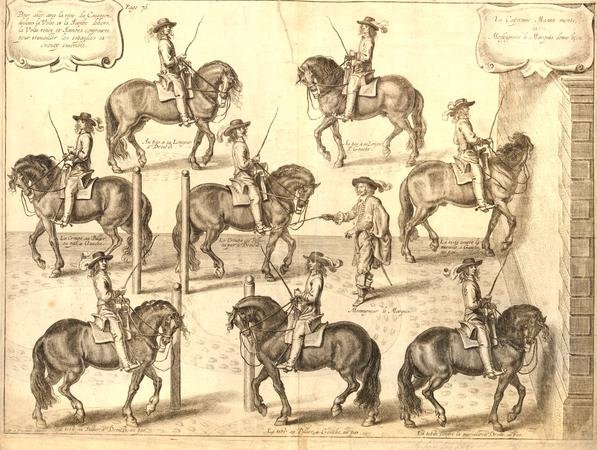Why Do I Study So Much?
Since I was quite young, I have held a belief that if you gain the wisdom of another’s lifetime, you gain a lifetime. You don't have to spend your life learning what someone else has already discovered. Spending time with “older” people throughout my life only strengthened this idea. I embraced every opportunity to listen and learn whether it was my Dad telling me about getting through tough times on his grandparents’ farm, Jack Blake explaining why he chose to drive an ancient Duster to work every day, Sylvan Williamson talking about his theories surrounding horse breeding, Col Earl Lilley explaining his perspectives on the care of his race horses deeply bedded in straw and fed copious amounts of whole oats.
“If you gain the wisdom of another’s lifetime, you gain a lifetime.”
I found a similar benefit in historic literature. History being mandatory is the only wise choice in education. “If you don’t study history, you’re doomed to repeat it” kind of thing. In college, we read about each composer’s life, influences, and culture to give context to their work. As a young horseman, I based my “training” on this book by Noel Skinner, the trainer of the Blake family’s horse Repent. (The Blake family got me started in horses and their geldings, Buck and Repent were my first teachers. Click on Repent’s link to see what walking history he was!) The name of the book says a lot, “There is a Method to this Madness” and in its 74 pages, it provides “A complete guide to horse training.” Armed with this book in hand, I ventured out starting colts as a teenager.
It’s interesting to me that in the circles I wandered in, study of horsemanship wasn’t mentioned. I’ve even heard trainers brag, “I’ve never cracked open a book.” You did what everyone did: rode with people, and rode lots of horses. And you figured it out. If you could afford it, you rode with a trainer and did what they said. I couldn’t afford it for a long time. When my family could afford some access to training and coaching, it didn’t make a whole lot of sense to me. And so things went for decades, riding with who I could and reading what I could kind of find since I really didn’t know where to look. Then the door to the secret garden was opened up to me! Starting with Alois Podhajsky and culminating in the French masters. (I’ll explain why I am so taken with the French equestrian history/culture in another blog).
Once I discovered the depth and breadth of experience and knowledge from as long ago as Xenophon, I realized that I could delve into lifetimes upon lifetimes! Why walk blindly in darkness when horsemen have been illuminating the art and practice of horsemanship for centuries?! The life experiences of men who had to train horses so they can both survive battle, presenting horses in the court, educating royals in the highest levels of maneuvers, were available to anyone who was willing to sit down and read. Of course, cultural and historical context is needed but the lifetimes are there to be had and drawn from for our horsemanship endeavors today.
In Europe, the treatises (writings) of horsemen were widely circulated. It was common practice to not only read the treatise of a horseman in a neighboring country but to go and ride with him. The writings came to clarity in this way. Upon returning to his own country, horsemen would apply what he read and learned and would add his own experiences to create another treatise. Wisdom expanded with each “generation” of horsemen. Their interactions, derivations, even debates and disagreements advanced the art and science of horsemanship. When we make ourselves familiar with such a pool of collective wisdom from men who educated horses and riders all day every day, we start further ahead. We waste less time rediscovering and more time actually learning and honing our craft. We honor the Art that is horsemanship and the artisans that have come before us.

